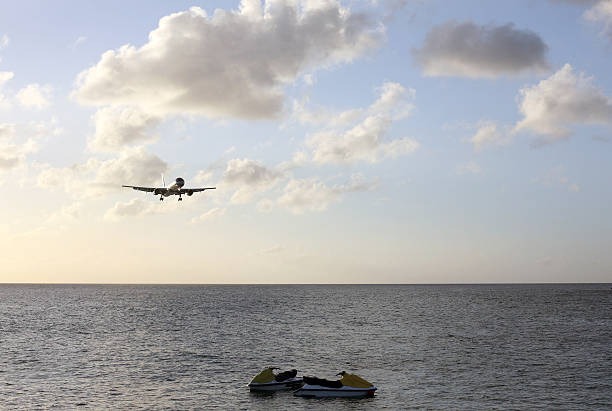Vacations are supposed to be relaxing. Many people wait 365 days until their next chance to fully unwind from the stresses of everyday life, but things can go wrong and vacations can be hindered. Unfortunately, even after booking flights and accommodation, there will be aspects that are out of your control, and this is often where things can go awry.
There are numerous challenges that can arise when heading off on vacation, and these issues can impact different steps in the process. You need to be prepared and observant to ensure you act quickly enough to get things back on track, and that is exactly what this post aims to do.
With the information in this post, you will have a better idea of how to overcome challenges like cancelled flights, lost luggage, and jet lag.
Cancelled Flights
No one wants to arrive at the airport only to find out that their flight has been delayed or cancelled. It is a frustrating experience, and it can be rather common. In fact, roughly one billion passengers took off from airports in the US last year, and almost one-quarter of them experienced delays or cancellations. This no doubt resulted in many irritated travelers and ruined plans.
With cancelled or delayed flights occurring frequently, you should plan ahead when you are heading on vacation. A cancelled departure could have a domino effect on numerous other travel plans, such as missed connections or late check-ins. This is why you must take action as soon as you realize your flight has been cancelled, and this begins by contacting the airline. The airline should give you a reason for the cancellation and discuss other options.
Some of the most common alternatives that passengers should explore include checking for other flights or ticket endorsement. Your airline, or others, might have available flights later that day or the next. Similarly, your airline might endorse your ticket, allowing you to use it on the new flight.
If you have trip cancellation insurance, which is recommended, it is vital that you exhaust all other avenues before accepting your vacation as a no-go. This might mean you have to find another flight with availability, but there will be circumstances when this is impossible. For example, if inclement weather has caused all flights to be cancelled, then there is very little you can do. Your insurance provider could provide up to 100% coverage for the non-refundable trip costs.
Lost Luggage
Most travelers spend a lengthy period of time sorting what items they pack for vacation, and all of this hard work could be for naught if the suitcase is lost by the airline. According to the US Department of Transportation, American Airlines is the top offender for this issue, with more than eight bags being lost or damaged in every 1,000 checked. If you are one of the eight or more, then your vacation might be off to a poor start.
But there’s no time to wallow when you notice your luggage has been lost. You must report the loss immediately. This can be done by reporting the loss to the airline’s baggage service desk. The member of staff at the desk might ask for your baggage claim ticket, boarding pass, and other documents, so it is advised to have these handy. A description of your luggage, including brand, color, size, and so on, might be requested, too.
Once the loss has been reported, you should be given a reference number; this will be needed for future communication with the airline. You should then review your travel insurance policy to see if lost luggage is covered. If it is, familiarize yourself with the process of making a claim and any necessary documentation.
You can purchase essential items to see you through the vacation, but all receipts must be kept. If you are to be reimbursed, the receipts will be needed to confirm the total available to you.
Jet Lag
Depending on the distance you are travelling and the length of your flight, you might experience jet lag. Jet lag is a temporary sleep problem that could affect individuals who travel across several time zones quickly. People affected by it often experience daytime drowsiness and sleeping issues. It is relatively common during vacation season, but that doesn’t mean you cannot overcome or even avoid jet lag altogether.
The best way to overcome jet lag is to realign your body’s circadian rhythm with the sunrise and sunset at your vacation destination. For many people, exposing yourself to light has the biggest impact on the circadian clock. You should aim for exposure to natural light, although it might be best to wait until the next day if you have landed in the late afternoon or evening. This will help to acclimatize to the new time zone.
Alternatively, you can try to prioritize sleep in the nights before your flight and limit your caffeine intake. This will help to minimize the symptoms of jet lag when you arrive at your destination.
To conclude, traveling abroad can be a tricky task for some people, especially for those who are completely new to vacationing overseas. However, challenges can occur for all travelers, so it is vital that you prepare ahead of time. As shown in this post, being aware of potential problems and acting accordingly will make sure your vacation is not ruined.

